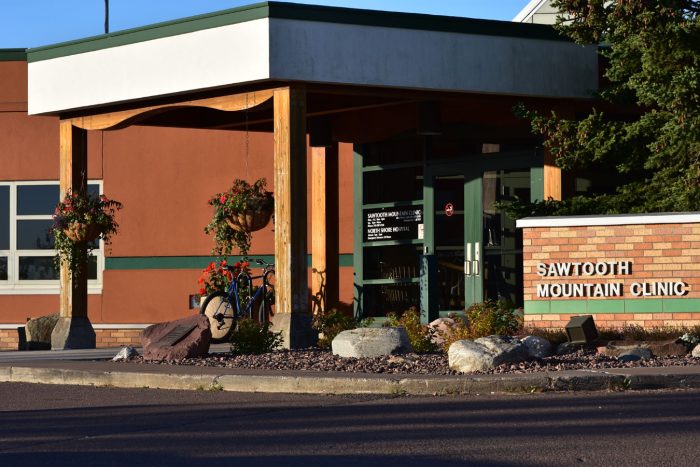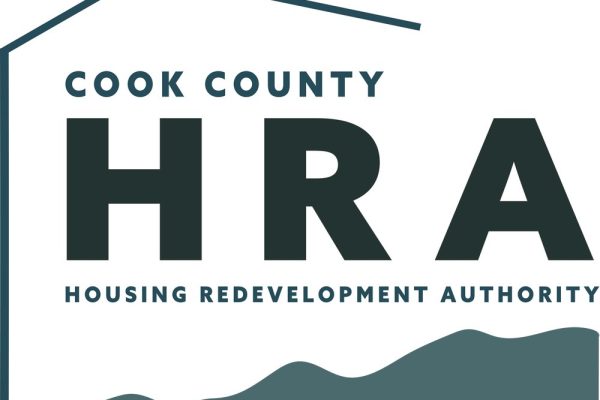Minnesota health advocates caution how work requirements can effect Medicaid
As the One Big Beautiful Bill approaches a Senate deadline, the Minnesota Association of Community Health Centers (MNACHC) warns of the potential impacts that work requirements may have on individuals enrolled in Medicaid. Even if those currently enrolled remain eligible, studies have shown how the changes can result in accidental removal from the program.
In the proposed legislation, Minnesota’s Medicaid program, MinnesotaCare, would be subject to federally mandated work requirements, as would all other state-run Medicaid programs.
Some states have already implemented work requirements for Medicaid. One example is Arkansas, where work requirements were enacted in 2018. According to MNACHC, at least 36 percent of enrollees in Arkansas lost coverage due to the work requirements, but only a fraction of that was due to losing eligibility.
“When we’re looking at people in Medicaid, 48 percent of people on Medicaid worked that year, seven percent worked the next year, 27 percent were disabled, and 12 percent would be getting off of Medicaid,” Rochelle Westlund, MNACHC Director of Public Policy, told WTIP. “And so you’re really looking at only a six percent group of people that are on Medicaid who were not working long term, which is only three percent of the total amount of people that are receiving Medicaid benefits.”
A Harvard study of the Arkansas work requirements highlighted a lack of education about the policy as a problem, “with more than 70 percent of Arkansans unsure whether the policy was in effect.”
This is the problem that MNACHC aims to address.
“As we’re looking at what an implementation of a work requirement program could look like, we want to make sure that people who are eligible for that program remain covered,” Westlund said.
Coupled with education about the requirements is the ability to navigate the application process. Accessing the forms and filling them out correctly can be a barrier to staying enrolled, especially for families already facing stressful financial circumstances.
The term “work requirements” can also be confusing. Oftentimes, school or volunteering programs can count toward qualifications. MNACHC is highlighting the importance of institutions working together to help people understand these nuances.
“We have a very close relationship with County Public Health and Human Services, and we will continue those conversations, especially as we get more details about what this might look like to plan for how we can work together to ensure that patients have timely communication, strong education on what eligibility means, and assistance in walking through the process,” Sawtooth Mountain Clinic CEO Kate Surbaugh told WTIP.
According to the study conducted by Harvard, even a brief loss of coverage could be harmful. The report found that, “30-to 49-year-olds in Arkansas who had lost Medicaid in the prior year experienced adverse consequences – 50 percent reported serious problems paying off medical debt; 56 percent delayed care due to cost; and 64 percent delayed medications due to cost.”
Senate Republicans hold a clear majority to pass the One Big Beautiful Bill. Still, the bill will likely undergo changes before returning to the House, where it will need to pass again before being signed into law by President Trump.
“I think that we’re feeling a little more confident in what the changes might look like, but I think that the impact on how they’re implemented at the state level is still where there is uncertainty,” Westlund said.
As of 2023, more than 20 percent of Cook County residents and more than 50 percent of the county’s children were enrolled in Medicaid. According to North Shore Health, 75 percent of residents at the Care Center are covered by Medicaid.
WTIP spoke with MNACHC Director of Public Policy Rochelle Westlund and Kate Surbaugh, CEO of Sawooth Mountain Clinic. The audio of that interview can be found below.














